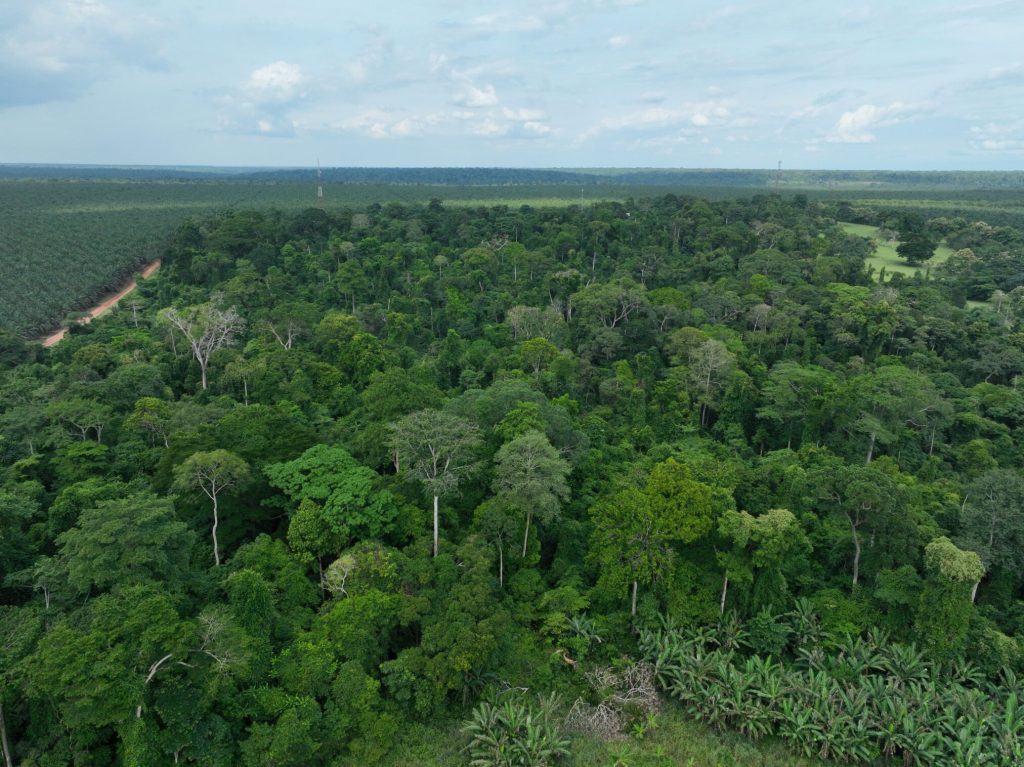This impact story was originally published by IDH here.
IDH signed a memorandum of understanding (MoU) with the Edo State government to improve the livelihood of farming communities in the Okomu Forest Landscape Compact.
Speaking during Landscape Compact MoU signing ceremony in Edo state (Benin city), Mr Edward Obiaw Chairman of Edo State Forest Commission, said the signing of the compact developed for the management of the Okomu landscape is driven by an implementation committee whose role is to provide stakeholders with strategic guidance and advice in promoting a green economy that guarantees improved livelihoods social equity and environmental benefits in the Okomu landscape.
The MoU was signed by IDH together with the Edo State government, Okomu Oil Palm Company and local communities. According to IDH Senior Program Manager, Eniola Fabusoro:
Okomu landscape is a unique ecosystem focusing on improving productivity in a dominant commodity as well as protecting the landscape with a view to improving livelihoods of communities, smallholders and oil palm farmers.

According to Fabusoro, the signing of a MoU aims to demonstrate our commitment to the sustenance of the critical ecosystem services that have a direct effect on livelihoods of thousands of people in the Okomu Forest Landscape.
This commitment is laying a sustainable future for generations unborn, and it is commendable. The state has, one more time, demonstrated its leading position in driving the conservation of vital ecosystems in the tropical rainforest of Nigeria and Africa at large.
The agricultural coordinator of Okomu Oil Palm Company, Mr. Billy Ghansah, expressed optimism and said this would be a model for future landscape production. He assured his company’s readiness to provide markets for farmers within the Okomu Forest Landscape.
Background:
IDH is working in 22 landscapes across the globe in Africa, Asia and Latin America with three key objectives productivity protection and inclusion.
The IDH Landscape Approach is a framework that ensures integrated management of production systems and natural resources in a given area or district while improving the livelihoods of farming communities.
